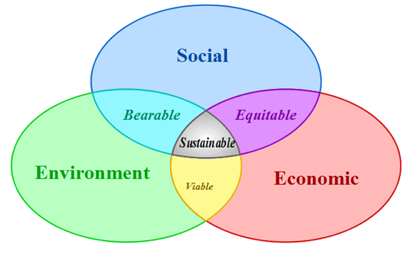This is a response to Seth Godin’s blog about Internet advertising. He makes a valid argument about how advertising on the Internet may not be as effective as one might believe. Even though advertising on the Internet, especially on popular sites such as Facebook is cheap, it may not be effective for many reasons. One of the main reasons is that Internet users are constantly being bombarded by ads and associate most ads as “noise”. Before a company decides whether to advertise on the Internet or other media sources, the company needs to consider whether people will perceive the company’s ads as an annoyance or if it will add value to the brand’s image.
I definitely agree with Godin’s point that even though the Internet has become a popular hub for advertisements, it’s not the best way to position a company’s brand; and brand positioning and value proposition is extremely important to the success of a company. It is difficult for a company to position itself in the minds of users because there are so many ads on the Internet and many people associate ads in a negative way since they are skeptical or annoyed with them.
Sources: http://sethgodin.typepad.com/seths_blog/2011/11/moving-beyond-impressions.html









